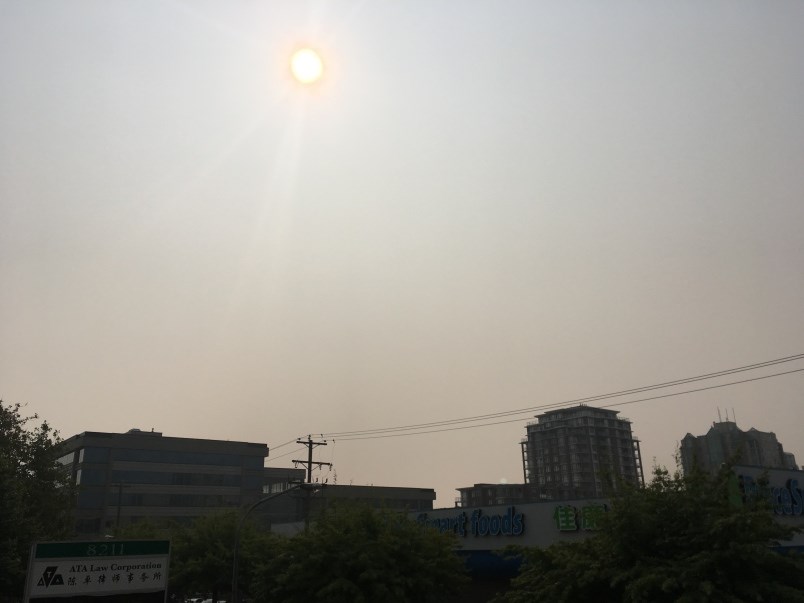Metro Â鶹´«Ã½Ó³»enjoyed clean air and clear skies throughout 2019, with a total of zero days under an air quality advisory – a welcome change after two summers of unprecedented wildfire smoke.
Monitoring data shows that levels of air contaminants generally fell in 2019, even as the region’s population continued to grow.
That’s a key highlight from the 2020 edition of Caring for the Air, Metro Vancouver’s annual state-of-the-air report.
Now in its ninth edition, the report summarizes key air quality trends and describes Metro Vancouver’s recent and upcoming actions to further improve air quality and address climate change in the region.
"Our region’s clean air is something we all cherish,” said Sav Dhaliwal, chair of the Metro Â鶹´«Ã½Ó³»board of directors.
“The annual Caring for the Air report makes air quality science accessible and straightforward – it’s a must-read for anyone interested in human health, environmental protection and climate change.”
The 2020 report covers topics like:
- Metro Vancouver’s leadership on climate action and greenhouse gas (GHG) reduction
- The effects of heavy truck traffic on air close to major roads
- The potential air quality impacts of ride-hailing services
- What the new wood smoke bylaw may mean for residents
- Why volatile organic compounds (VOC) emissions are important and how they are changing
- How to improve resilience to heat waves, water shortages and wildfires
- How Metro Â鶹´«Ã½Ó³»handles air quality and odour complaints
Climate change and air quality are strongly linked, since many major sources of greenhouse gases in the region are also major sources of health-harming air contaminants. Public and stakeholder consultation is currently ongoing on the Clean Air Plan, which will be the next iteration of Metro Vancouver’s plan to manage air quality and greenhouse gases in the region.
Read more from the



